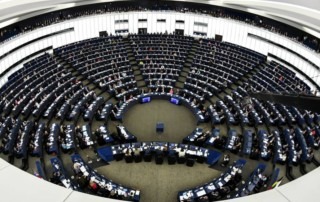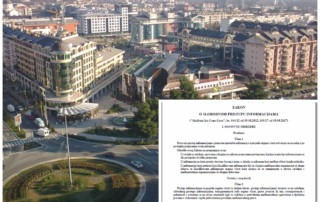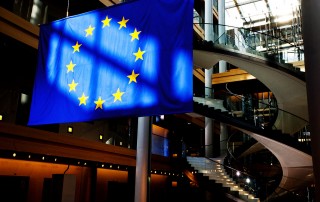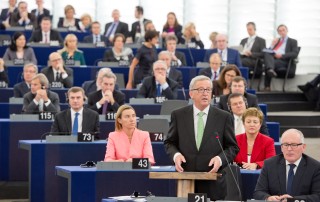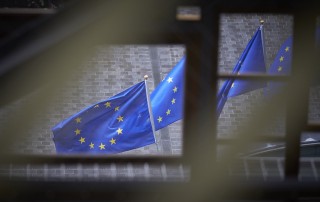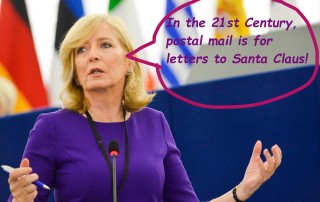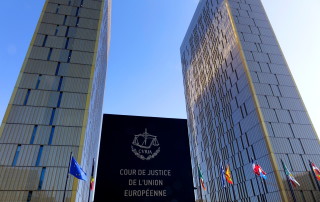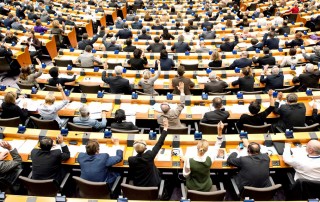European Parliament leaders vote against spending transparency
Helen Darbishire2020-01-29T10:40:48+01:00Madrid, 3 July 2018 – Access Info condemns the move by the European Parliament to keep secret details how Member of the European Parliament (MEPs) spend their general expenditure allowance, a lump sum amount of €4,342 per month. The vote on the evening of 2 July by the Bureau of the European Parliament, a body of 14 senior MEPs, which oversees budget and administration matters, voted down a proposal to increase transparency around the General Expenditure Allowance (GEA), which would have resulted in requiring receipts to be kept and checked and unspent funds to be returned. The 2 July

